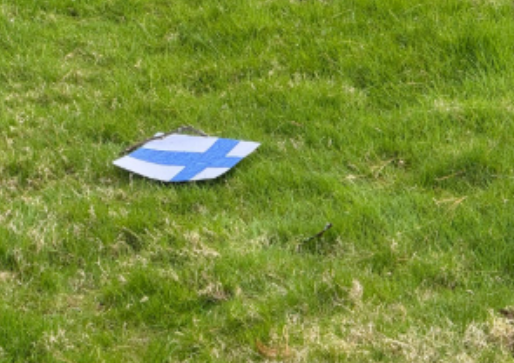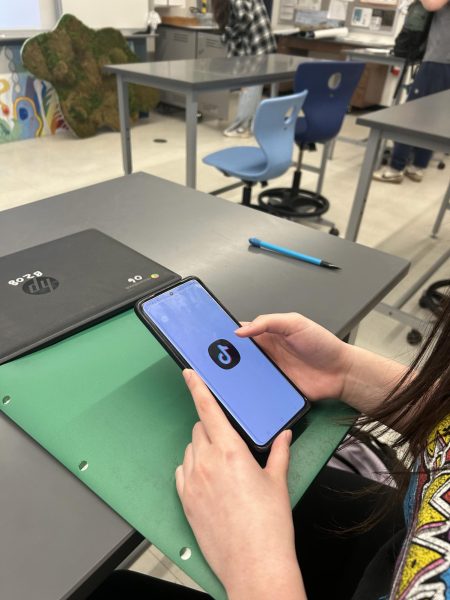The Return of Fashion
As social spaces reopen, fashion is recovering from Covid. Comparisons are being drawn to the roaring 20s- after the influenza pandemic of 1918, fashion turned to casual opulence, menswear changing from suits to sweaters and trousers while women began wearing unshapely ornate dresses, short hair, and thick hats. After a stagnant year in fashion, dominated by loungewear and pajamas, spring runways have demonstrated a resurgence of structured shape and riskier prints.
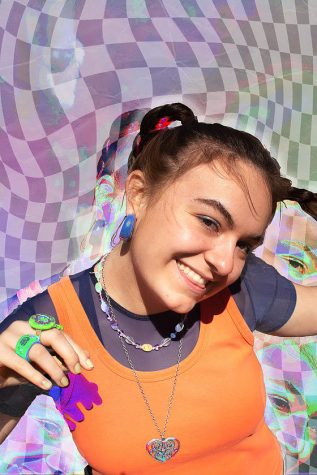
As Priya Elan quotes in the guardian, trend forecaster Andrew Ibi says ““Post-pandemic, we will certainly be looking for ways to reconnect socially – clothes, hair, make-up will be part of the therapy.”
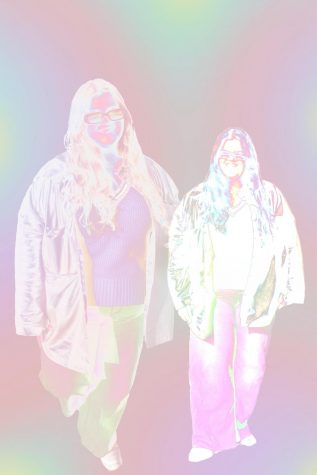
As far as wearable, the most noticeable trend is ‘y2k’, an homage to the early 2000s. Low rise jeans and printed midi skirts are returning, as well as chunky highlights, bright eyeshadow, and graphic tanks. These are riskier movements that will inevitably fall out of favor within the year, so if you care about sustainability, shopping for shape and color to match this trend is better- think flare jeans and pink accessories.
However, unlike previous years, few people are following designer’s lead. Previous isolation has led to more creative and individual expression of personal style. As Grace Phalon, a student at Conard High School, says “ I think my relationship with fashion has changed for the better, as I used to look down upon it at times and tell myself that I was unable to wear certain items that I really wanted to, merely because of how I felt about myself and the way that I looked. Becoming a senior this year has made me think more retrospectively and maturely so I feel as though I’ve decided to do what makes me happy. Especially because of the small amount of time we have left with our high school experience, and some people around us, that’s allowed me to feel more comfortable with an impulsive attitude towards fashion and doing what I like.”
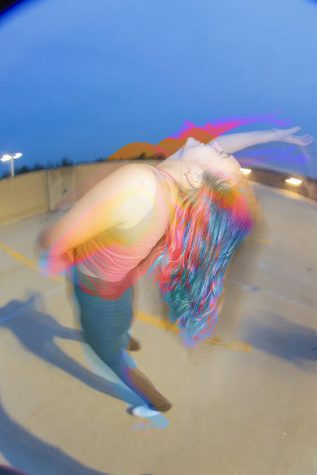
Unfortunately, Covid was unable to kill off fast fashion and tacky trends that consumers weary of individuality flock too. An influx of online shopping increased the purchase of cheap, unethical garments, large corporation’s site traffic remaining the same. Customers just flocked to sweat suits . However, many consumers have been educated and concerned for fashion ethics- small sustainable businesses are also seeing an uptick in sales, relying on social media and influencers to market their brand. As McKinsey’s survey suggests, “ Overall, consumer sentiment suggests that the COVID-19 crisis could serve as a reset opportunity for players in the apparel, footwear, and luxury sectors to strengthen their sustainability commitments and accelerate industry-wide changes, such as reduced seasonality and scaling of circular business models.”

